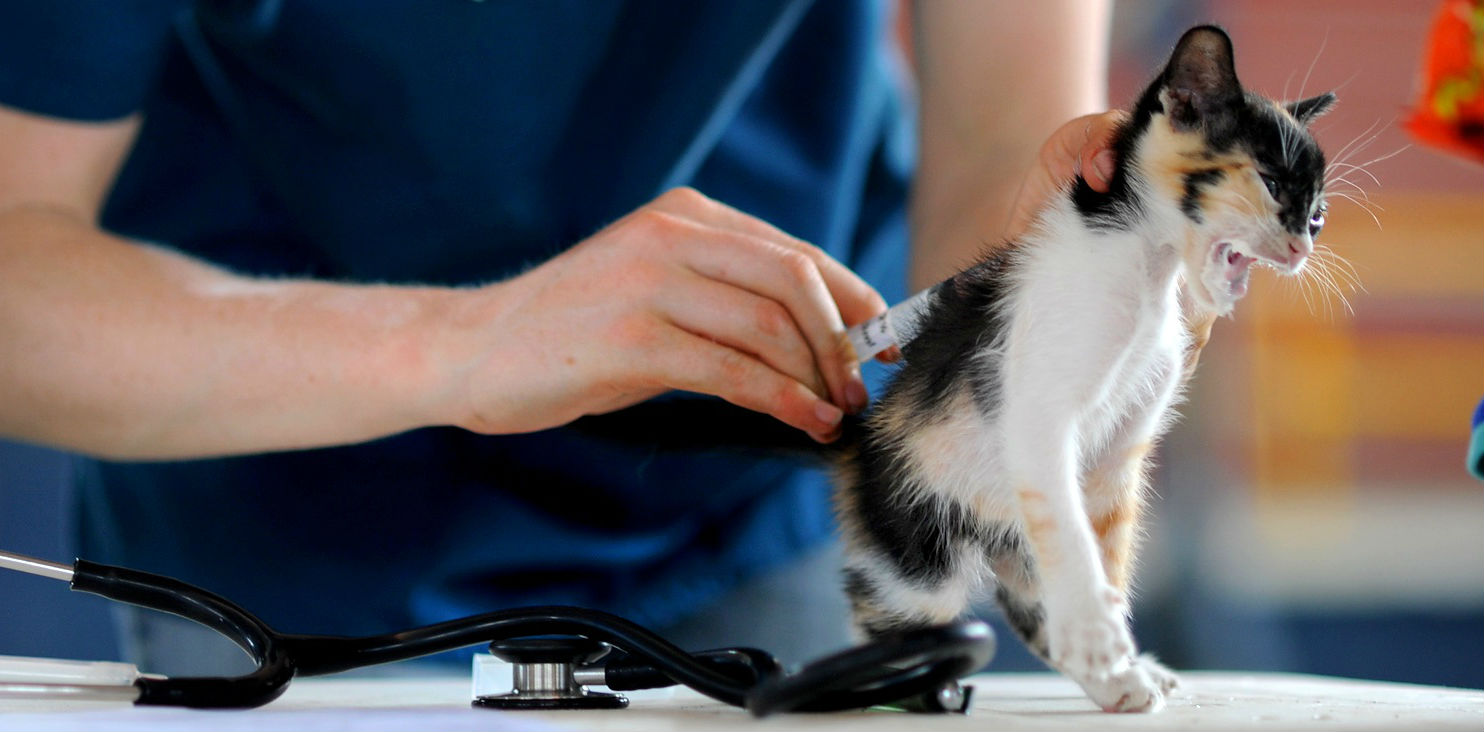Do indoor cats need to be vaccinated for rabies?
Original Question: I have 2 indoor rescue cats that I have had for a number of years. They do not go out so do I still need to have them vaccinated for rabies? - Elizabeth
 Jul 31, 2017
Jul 31, 2017
Hi Elizabeth,
I get this question a lot. I always tell people that vaccination should be used when your pet is at risk of being exposed to the disease you are vaccinating for. I always prefer not to give a vaccine if I don’t have to so your question makes a lot of sense. Unfortunately, keeping your pets up to date on rabies vaccination is required by law in most North American cities.
It’s unlikely that anyone would find out if you don’t vaccinate but there are some important considerations. Most importantly, if you need to take one of your cats to a facility for emergency service due to illness, they can decline to treat your pet because of the human health safety hazard it can pose to hospital staff. Also, consider the fact that you may have guests over to your home and if the right circumstances occur, someone may get bitten and this would then be reported. City officials would then visit you and they could quarantine your cat. These would be unfortunate situations.
To mitigate your concerns of vaccination, I would recommend you request a 3-year vaccine rather than a 1-year vaccine. You can also split vaccines up and not give them at the same time so any reactions may be reduced.
For more help and advice, you can view our resources on vaccination, I encourage you to check out our videos, ‘Which Vaccines Should I Give My Dog or Cat?’, ‘Everything You Need to Know About Vaccine Reactions’ and ‘How Often Vaccines Need Boostering and The Benefits of Titre Testing for Dogs and Cats.‘
Best of luck,
Dr. Clayton Greenway
Disclaimer: healthcareforpets.com and its team of veterinarians and clinicians do not endorse any products, services, or recommended advice. All advice presented by our veterinarians, clinicians, tools, resources, etc is not meant to replace a regular physical exam and consultation with your primary veterinarian or other clinicians. We always encourage you to seek medical advice from your regular veterinarian.

